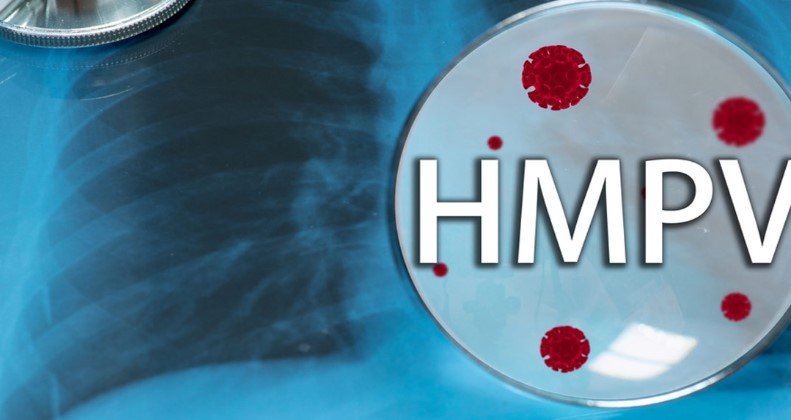As a surge of Human Metapneumovirus (HMPV) cases grips China, the Nigerian government has announced tightened surveillance measures for inbound passengers from the affected country. The Federal Government confirmed on Sunday that quarantine protocols will be implemented to curb potential transmission of the respiratory virus, which has overwhelmed hospitals and raised public health concerns in China.
The Human Metapneumovirus outbreak, primarily affecting children, has seen case numbers spike across northern China this winter. Neighboring regions, including Cambodia, Taiwan, and Hong Kong, are on high alert, reporting isolated cases but no significant outbreaks.
Chinese authorities have acknowledged the increased burden on health facilities, particularly in pediatric care units, with social media images depicting overcrowded hospitals. Despite the alarming visuals, Beijing has described the situation as a seasonal occurrence, asserting that the infections are less severe and widespread than last year’s winter surge.
To mitigate the spread, China has implemented preventive measures, including widespread use of masks, social distancing, and enhanced disinfection protocols. The outbreak coincides with the five-year anniversary of the COVID-19 pandemic, a reminder of the global ramifications of unchecked viral transmission.
While both COVID-19 and HMPV are respiratory illnesses, their clinical presentations differ. HMPV typically causes milder symptoms, such as fever, cough, and nasal congestion, and spreads primarily through respiratory droplets and contaminated surfaces. However, severe cases can progress to bronchitis or pneumonia, particularly in children, the elderly, and immunocompromised individuals.
The U.S. Centers for Disease Control and Prevention (CDC) highlights that the virus has an incubation period of 3-6 days, with illness duration varying by severity. First identified in 2001 in Pakistan, HMPV has since caused periodic outbreaks globally, though it remains relatively unknown in Africa.
The Director of Special Duties at the Nigeria Centre for Disease Control and Prevention (NCDC), Dr. John Oladejo, confirmed that the Federal Government is activating surveillance measures, including quarantine protocols, for travelers from China.
“The FG will implement robust monitoring and preventive measures to ensure that the virus does not gain a foothold in Nigeria,” Oladejo stated.
Medical experts have hailed the government’s decision as proactive but emphasized the need for continuous investment in surveillance and research.
Dr. Moses Adewumi, a virologist at the College of Medicine, University of Ibadan, underscored the importance of maintaining vigilance beyond HMPV. “Surveillance should be an integral part of our public health system. The government must allocate resources for consistent monitoring and preparedness,” he said.
The World Health Organization (WHO) is closely monitoring the situation, advising countries to adopt preventive measures, including vaccination against respiratory illnesses, maintaining good hygiene, and ensuring adequate ventilation. WHO has not recommended travel or trade restrictions but encourages symptomatic travelers to seek medical attention and disclose their travel history.
Hong Kong, Cambodia, and Taiwan have reported sporadic HMPV cases, with local authorities warning of its similarity to influenza and other respiratory viruses. In India, health officials have downplayed the risk, describing HMPV as a seasonal virus.
Dr. Oladipo Kolawole, an infectious disease specialist at Adeleke University, emphasized the need for a holistic approach to public health. “The government’s focus on monitoring travelers is commendable, but sustained investment in health infrastructure and research is crucial to mitigate future outbreaks,” he said.
As Nigeria braces for potential challenges posed by HMPV, the lessons of the COVID-19 pandemic loom large. Vigilance, preparedness, and international collaboration will be key to navigating this new public health threat.



